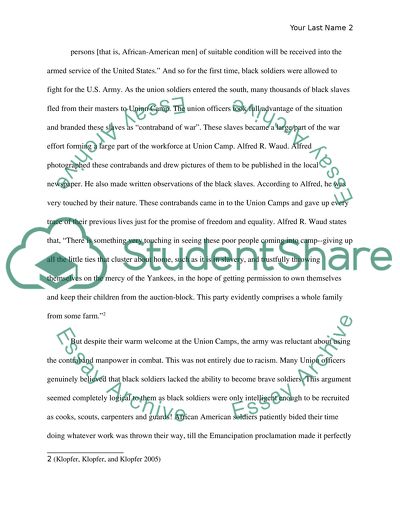Cite this document
(“African-American Life Between 1860-1877: The Black Soldiers Essay”, n.d.)
African-American Life Between 1860-1877: The Black Soldiers Essay. Retrieved from https://studentshare.org/history/1453251-african-american-life-between
African-American Life Between 1860-1877: The Black Soldiers Essay. Retrieved from https://studentshare.org/history/1453251-african-american-life-between
(African-American Life Between 1860-1877: The Black Soldiers Essay)
African-American Life Between 1860-1877: The Black Soldiers Essay. https://studentshare.org/history/1453251-african-american-life-between.
African-American Life Between 1860-1877: The Black Soldiers Essay. https://studentshare.org/history/1453251-african-american-life-between.
“African-American Life Between 1860-1877: The Black Soldiers Essay”, n.d. https://studentshare.org/history/1453251-african-american-life-between.


